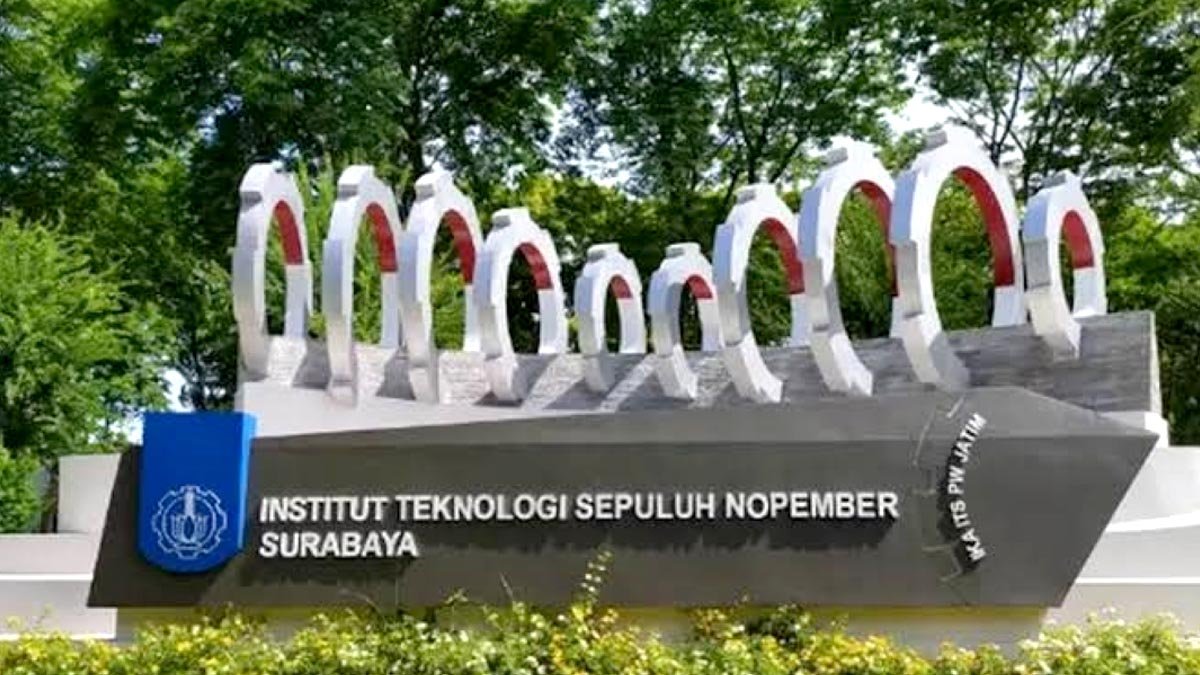PALMOILMAGAZINE, SURABAYA — Institut Teknologi Sepuluh Nopember (ITS) has once again reinforced its academic dominance in Indonesia’s palm oil research landscape. For the third consecutive year, the institute secured the highest number of funded proposals in the 2025 Palm Oil Research Grant Program (Grant Riset Sawit/GRS) organized by the Plantation Fund Management Agency (BPDP).
GRS is an annual research funding scheme that explores a wide range of topics across the palm oil value chain, from upstream to downstream. The program aims to strengthen the development of Indonesia’s palm oil industry while safeguarding its long-term sustainability. This year, more than 100 research proposals underwent a rigorous selection process, with only 55 receiving funding.
ITS once again emerged as the university with the strongest research contribution. Six proposals from its faculty members successfully passed the national presentation stage and received funding. The achievement underscores ITS’s consistency as one of the leading drivers of technological innovation in Indonesia’s palm oil sector.
Also Read:
ITS Director of Research and Community Service, Fadlilatul Taufany, expressed appreciation for the performance of the university’s research teams. “Securing the highest number of GRS grants for three consecutive years proves our commitment to strengthening research that is relevant to the palm oil industry,” he said, as quoted by Palmoilmagazine.com from ITS, Tuesday (18/11/2025). He emphasized that this accomplishment reflects strong interdisciplinary collaboration—from physics, mechanical engineering, informatics, geomatics, to mathematics and environmental sciences.
One of the standout proposals came from the ITS Department of Physics through research led by Dr. Lila Yuwana, who developed a prototype electric-powered crawler cart for transporting fresh fruit bunches (FFB). This innovation is expected to boost smallholder productivity while streamlining fruit transport in plantations.
From the Department of Mechanical Engineering, Moch Solichin proposed a study titled Implementation of a Multifunctional Digital Twin for Smart Monitoring. The research aims to create a digital model capable of assessing fruit maturity levels and monitoring machinery performance in palm oil processing, leading to greater production precision.
Also Read: Indonesia Palm Oil Hackathon 2025: Young Digital Innovators Strengthen the Future of Palm Oil
A strong data-driven and remote-sensing approach is reflected in the proposal from the Department of Informatics. Dr. Kelly Rossa Sungkono is developing an oil palm yield estimation method that integrates multispectral satellite imagery with multispectral camera data. Meanwhile, Dr. Hepi Hapsari Handayani from the Geomatics Department expands this concept by integrating drones and VOC gas sensors to predict fruit ripeness with greater accuracy.
Workplace safety also received attention through research by Dr. Adithya Sudiarno from the Department of Industrial and Systems Engineering. He proposed ARECAVERSE, a safety-metaverse–based innovation aimed at reducing workplace accidents and supporting compliance with Indonesian Sustainable Palm Oil (ISPO) standards.
The final proposal came from the Mathematics Department, represented by Dr. Endah Rokhmati. She is developing a Palm Oil Management Information System to support carbon credit calculations and data-based insurance premium assessments. This model is expected to enhance business protection and risk management in the palm oil sector.
The lineup of funded proposals demonstrates how ITS continues to develop innovations aligned with industry needs. Through GRS, ITS also contributes to several Sustainable Development Goals (SDGs), from food security and clean energy to sustainable industrialization and climate action.
With this latest achievement, ITS further solidifies its position as Indonesia’s premier center for palm oil research—integrating science, technology, and industry needs within a sustainable innovation ecosystem. (P2)
